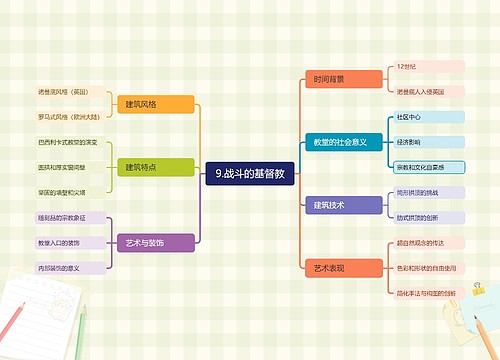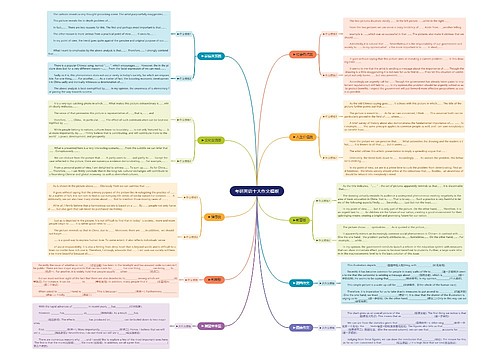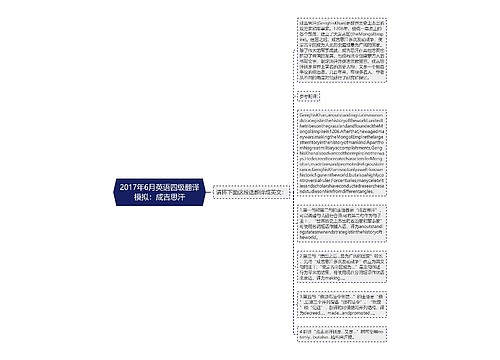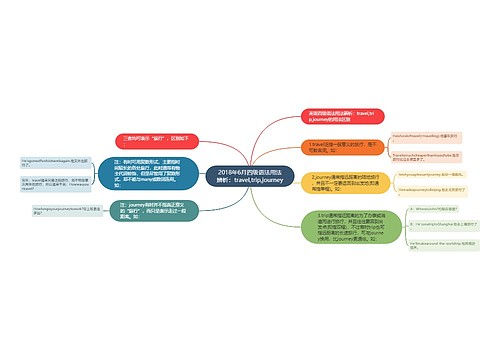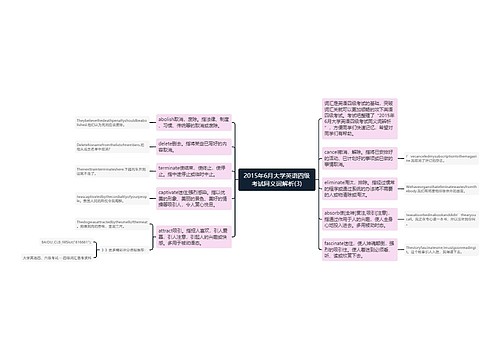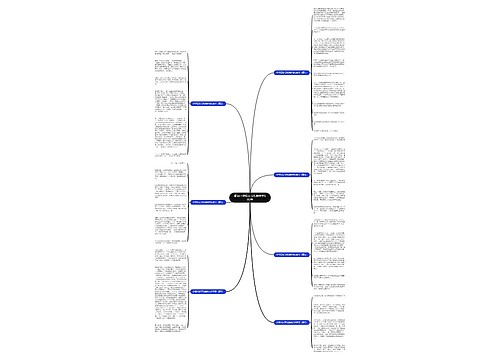2017年6月英语四级作文练习:对说谎的看法思维导图
满身疲倦
2023-03-16

Directions: Write a composition entitled Telling Lies. You should write at least 120 words according to the outline given below in Chiness. 1.人们对说谎通常的看法; 2.
树图思维导图提供《2017年6月英语四级作文练习:对说谎的看法》在线思维导图免费制作,点击“编辑”按钮,可对《2017年6月英语四级作文练习:对说谎的看法》进行在线思维导图编辑,本思维导图属于思维导图模板主题,文件编号是:a6054de65292900af52a864909b0cce9
思维导图大纲
相关思维导图模版
904名中国成年人第三磨牙相关知识、态度、行为和病史的横断面调查思维导图
 U633687664
U633687664树图思维导图提供《904名中国成年人第三磨牙相关知识、态度、行为和病史的横断面调查》在线思维导图免费制作,点击“编辑”按钮,可对《904名中国成年人第三磨牙相关知识、态度、行为和病史的横断面调查》进行在线思维导图编辑,本思维导图属于思维导图模板主题,文件编号是:10b9a8a2dd2fb4593f8130ef16c320fc

9.战斗的基督教思维导图
 U582679646
U582679646树图思维导图提供《9.战斗的基督教》在线思维导图免费制作,点击“编辑”按钮,可对《9.战斗的基督教》进行在线思维导图编辑,本思维导图属于思维导图模板主题,文件编号是:33d168acd0cd9f767f809c7a5df86e3a
